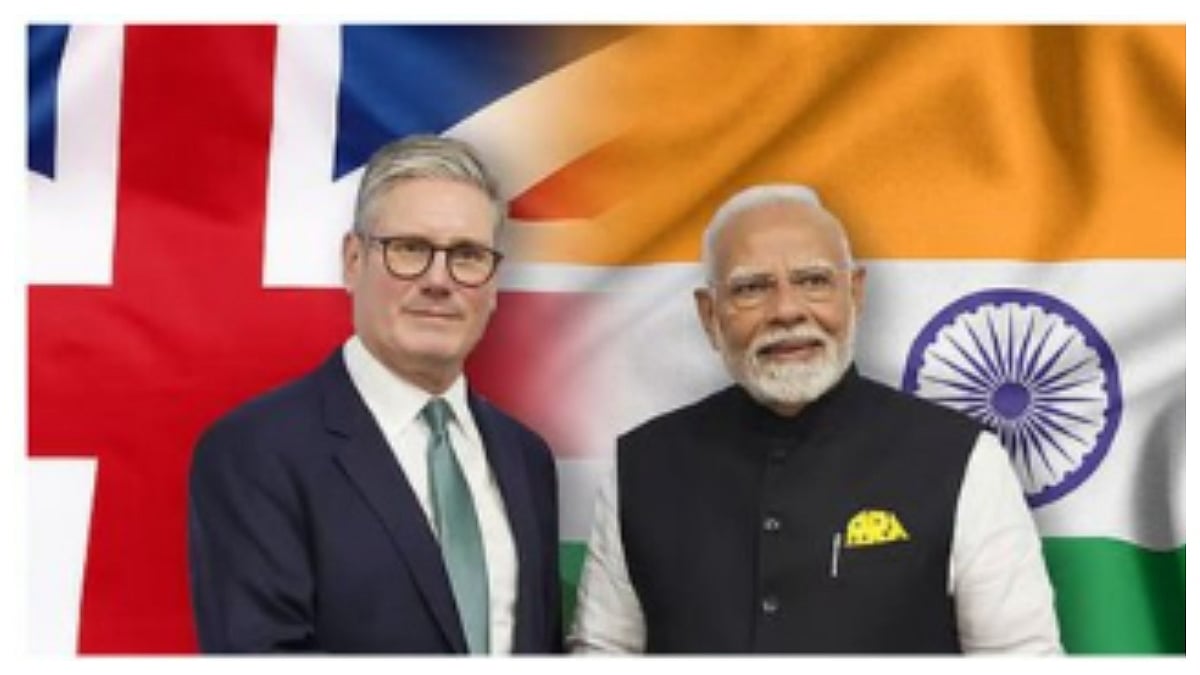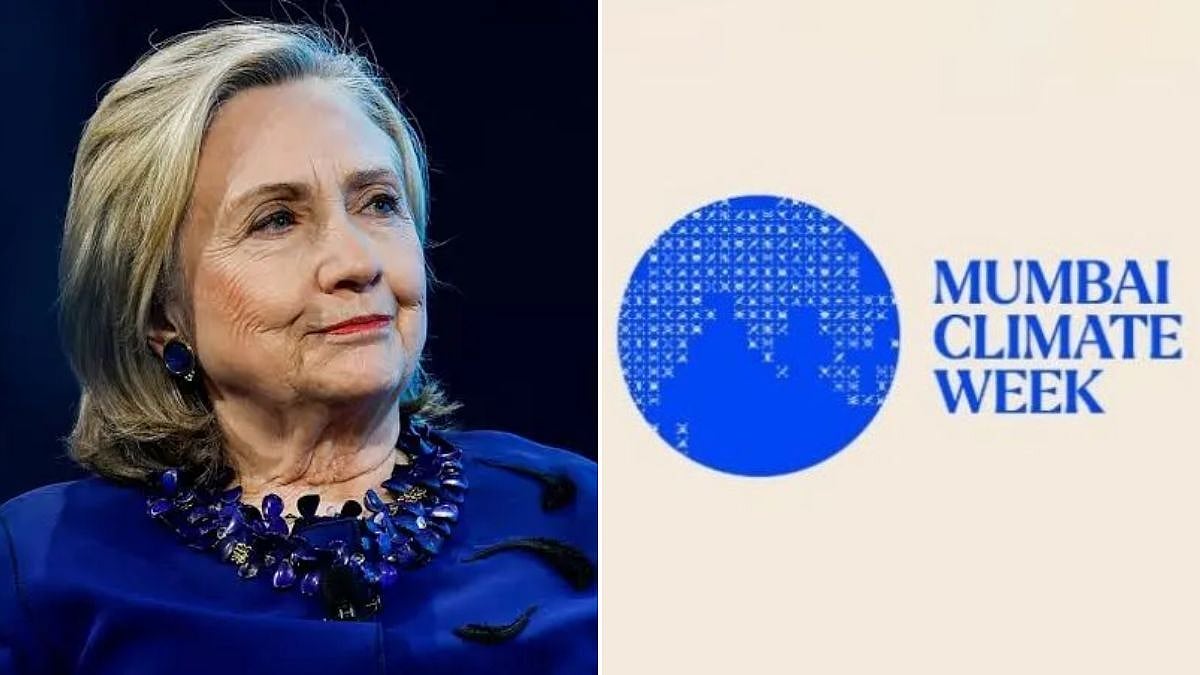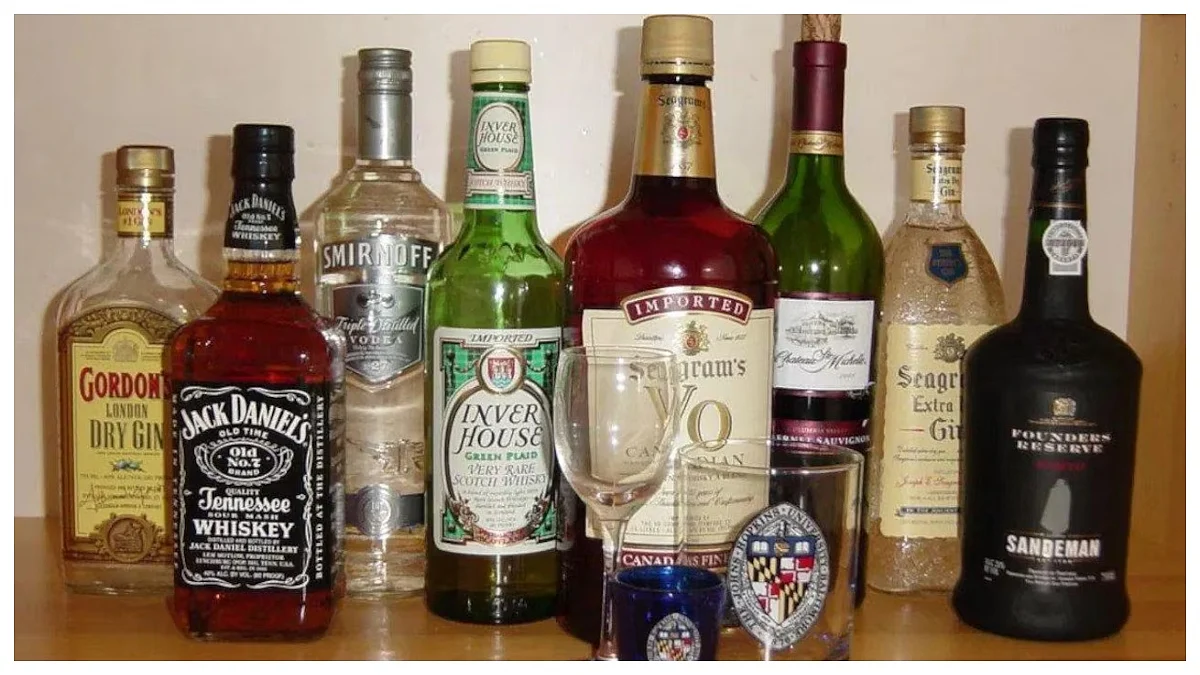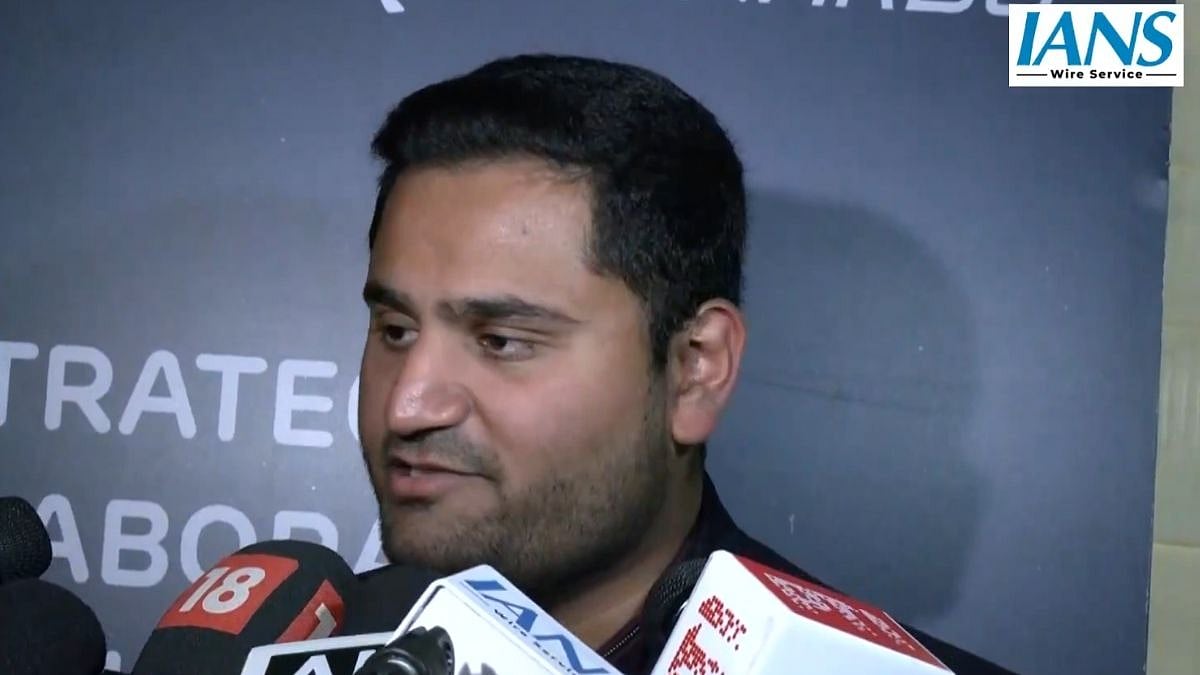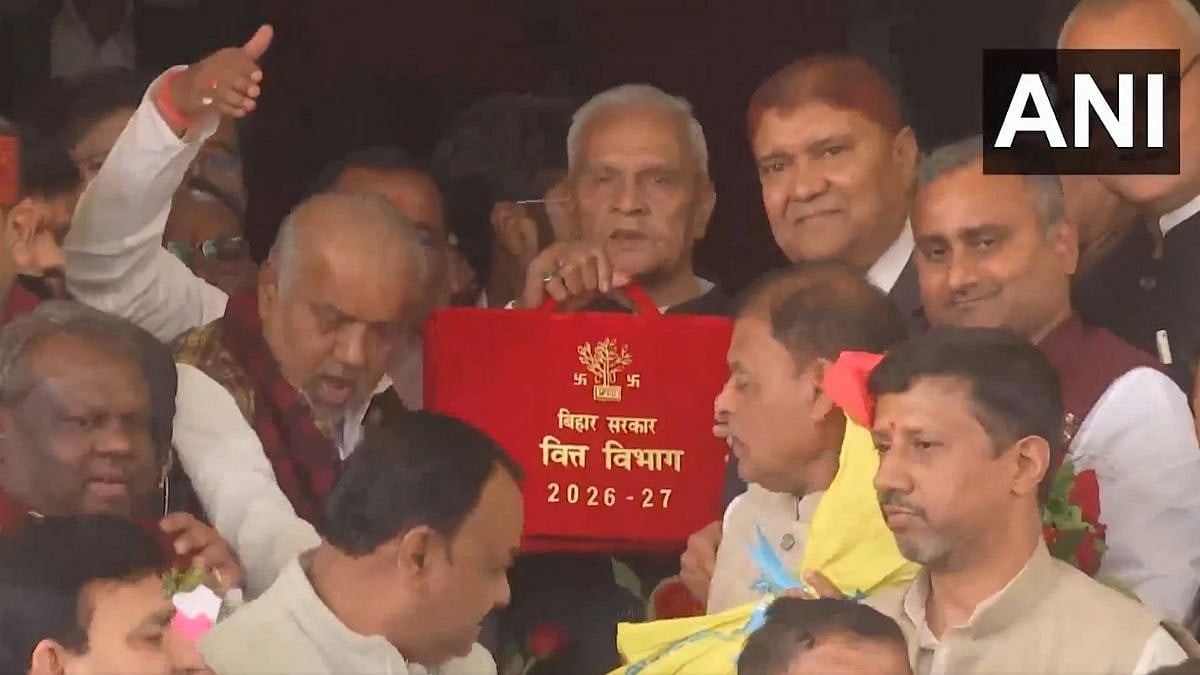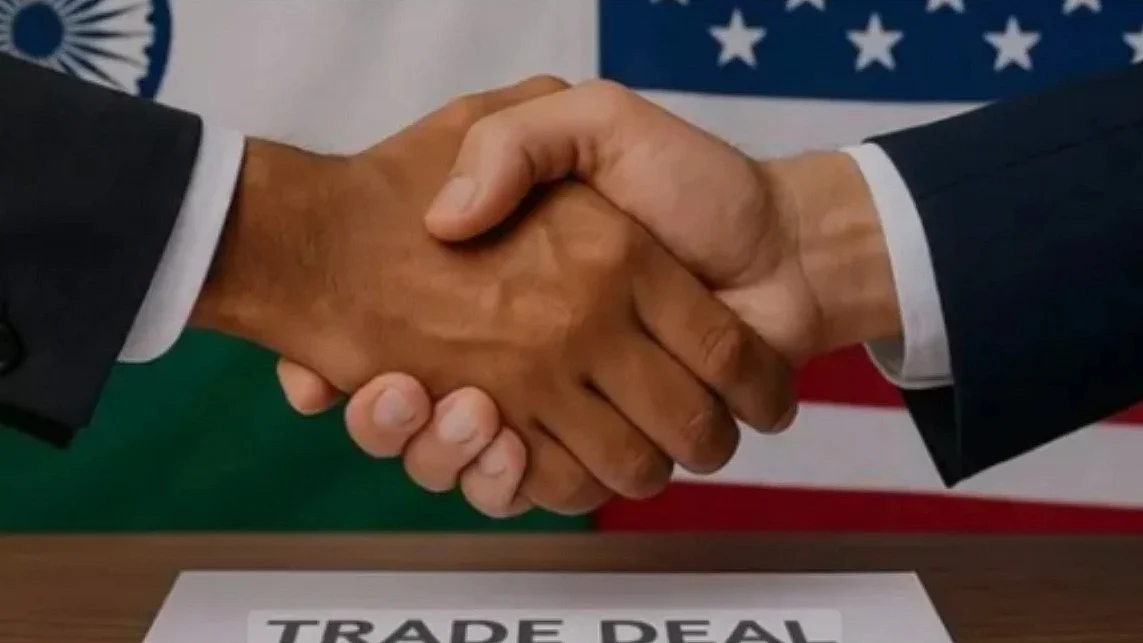Key Highlights:
- Duty-Free Access for 99 percent of Indian Goods: Major export sectors like textiles, pharma, and auto components stand to benefit.
- Lower Tariffs for UK Luxury Products: British whisky and cars gain cheaper entry into India.
- Enhanced Services & Procurement Access: Indian professionals and UK firms gain greater mobility and tender opportunities.
Mumbai: On July 24, 2025, India and the United Kingdom signed a landmark Free Trade Agreement (FTA) during Prime Minister Narendra Modi’s official visit to London. This marks India's first significant bilateral trade pact with a developed country in over a decade and is expected to come into effect within a year, subject to legislative approvals. The deal concludes nearly three years of negotiations and covers comprehensive tariff reductions, market access for goods and services, and provisions for investment and public procurement.
Key Tariff Reductions and Sectoral Impacts
Alcohol and Automobiles: India will slash import duties on Scotch whisky and gin from 150 percent to 75 percent immediately, with a further reduction to 40 percent over a decade. British luxury automobiles such as those from Jaguar Land Rover and Aston Martin will enter India at a reduced 10 percent tariff under a quota system, down from over 100 percent.
Consumer Goods and Medical Devices: India has agreed to cut or eliminate tariffs on cosmetics, chocolates, salmon, biscuits, and medical devices—making these goods more accessible to Indian consumers while boosting UK exports.
India’s Export Edge: Duty-Free Access to UK Market
Widespread Tariff Elimination: Nearly 99 percent of Indian goods will enjoy duty-free access to the UK, benefiting sectors like textiles, footwear, pharmaceuticals, auto components, furniture, machinery, and chemicals.
Textiles and Apparel: With UK tariffs of 8–16 percent removed, Indian textile hubs such as Tiruppur, Surat, and Ludhiana will gain significantly. Companies like Arvind Ltd and Welspun India are expected to benefit.

Footwear and Auto Components: Footwear manufacturers in Agra, Kanpur, and Chennai stand to gain from zero-duty exports. Firms like Bata India and Relaxo are likely beneficiaries. Engineering firms such as Bharat Forge will also benefit from zero tariffs on auto components.
Gems, Jewellery, and EVs: Duties of up to 16 percent on gems and jewellery will be eliminated, supporting exporters in Gujarat and Maharashtra. Indian EV makers like Tata Motors and Mahindra Electric will benefit from tariff preferences in the UK.

UK Gains: Market Access and Professional Mobility
Luxury Goods and Cars: British firms like Diageo will gain from reduced duties on whisky. UK luxury automakers will gain access to India’s high-end car market under a lower tariff quota system.
Indian Professionals in the UK: The agreement provides easier short-term access for Indian professionals—yoga instructors, chefs, musicians—along with a social security exemption for up to three years, saving Rs 4,000 crore annually.
Public Procurement Access: UK companies can now bid for Indian federal government contracts over Rs 200 crore in non-sensitive sectors, accessing an annual market worth Rs 4.09 lakh crore.
Macroeconomic Impact and Investment Outlook
The UK government estimates the FTA will boost its GDP by £4.8 billion annually. Indian exports to the UK are projected to double by 2030. Over 1,000 Indian firms already operate in the UK, employing more than 100,000 people, while UK investments in India total approximately $36 billion.
